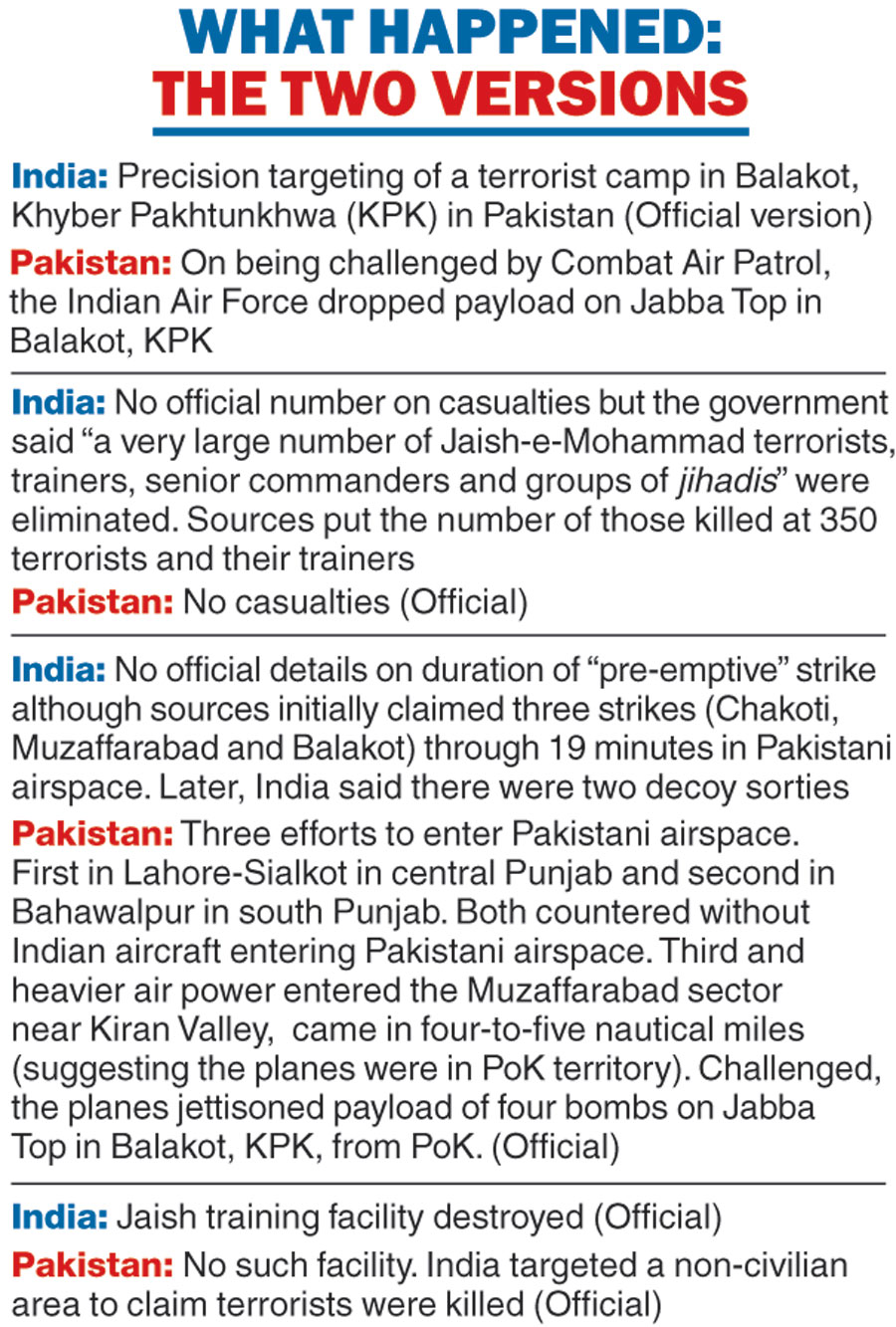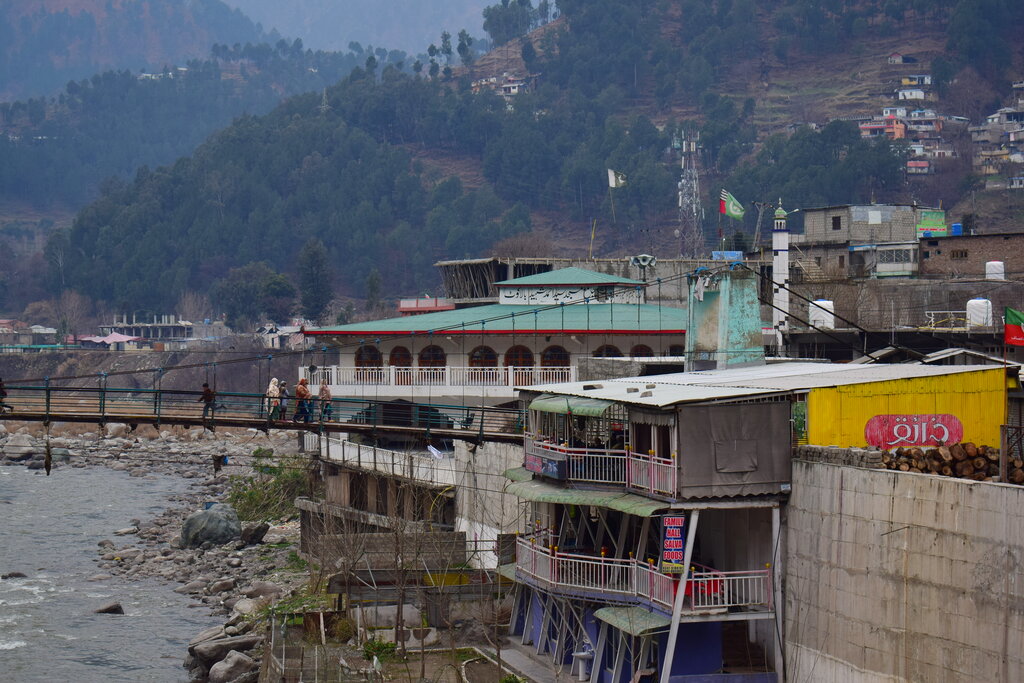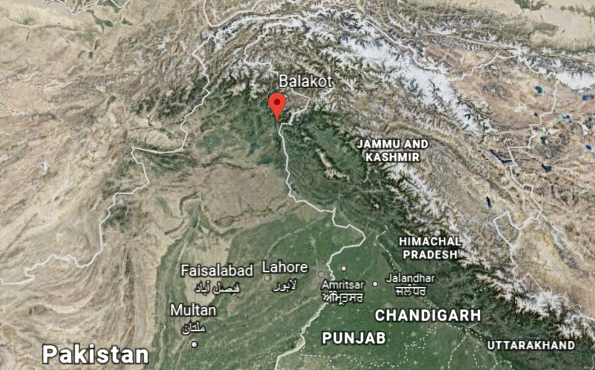Villagers near the town of Balakot in northeast Pakistan were shaken out of their sleep by what seemed like an earthquake in the early hours of Tuesday, only discovering once dawn broke that there had been an Indian air strike on their neighbourhood.
Indian officials said the raid destroyed a training camp of the Jaish-e-Mohammed, the militant group behind the suicide attack in Pulwama that killed 40 CRPF jawans on February 14.
Indian foreign secretary Vijay Gokhale said “a very large number of JEM terrorists” had been eliminated in what was the first Indian air strike on Pakistani territory since 1971.
The villagers, however, said only one person was wounded in the attack and they knew of no fatalities.
A resident, who did not want to give his name, said there was a nearby madarsa run by the Jaish, though most villagers were guarded talking about their militant neighbours.
“There is this madarsa on the hilltop. The Jaish-e-Mohammed runs it,” he said.
Another person, who also declined to give his name, said the militants had had a presence in the area for years.
“I belong to that area. I know for sure that there has been a training camp. It used to be there. I know Jaish people ran it,” he said.
“This camp was turned into a madarsa several years ago, but no one would still be allowed to get close to this infrastructure. There are scores of students in the madarsa at any given time,” he said.
Set in a wooded, hilly area in Khyber Pakhtunkhwa province on the way to the scenic Kaghan valley, some 50km from the Line of Control, Balakot was one of many towns devastated by a massive earthquake in 2005.
From what villagers could see, the bombs dropped exploded about a kilometre away from the madarsa.
Mohammad Ajmal, a 25-year-old villager near Jabba Top, where the attack took place, said he had heard four loud bangs in succession just before 3am.
“We couldn’t tell what had happened. It was only in the morning that we figured out it was an attack,” he told Reuters after visiting the site, in a wooded hilltop area. “We saw fallen trees and one damaged house, and four craters where the bombs had fallen.”
Fida Hussain Shah, a 46-year-old farmer, said he and other villagers had found pieces of Indian ordnance that had splintered pine trees on the hill but the only casualty was a man sleeping in his house when shrapnel broke the windows.
A resident of Attar Shisha village in Pakistan, about 3km from Balakot, said he was woken up by loud explosions at about 3.15am. He was reached by The New York Times by phone, and asked to remain anonymous out of fear of reprisal by the Pakistani authorities. The villager said the Jaish still ran a school in Balakot, but that the air strikes missed the facility and hit an empty ravine instead.
On the Indian side of the Line of Control, where a build-up of troops over the past few days had caused panic, a farmer told The New York Times he and his family were sleepless after hearing an aircraft.
“We first heard the sound of aircraft hovering above at around 2am. We could not sleep,” said Imran Khatana, a farmer from Salamabad village in Indian Kashmir. “I pushed my family members into a bunker thinking something wrong is going to happen.”

The Telegraph












